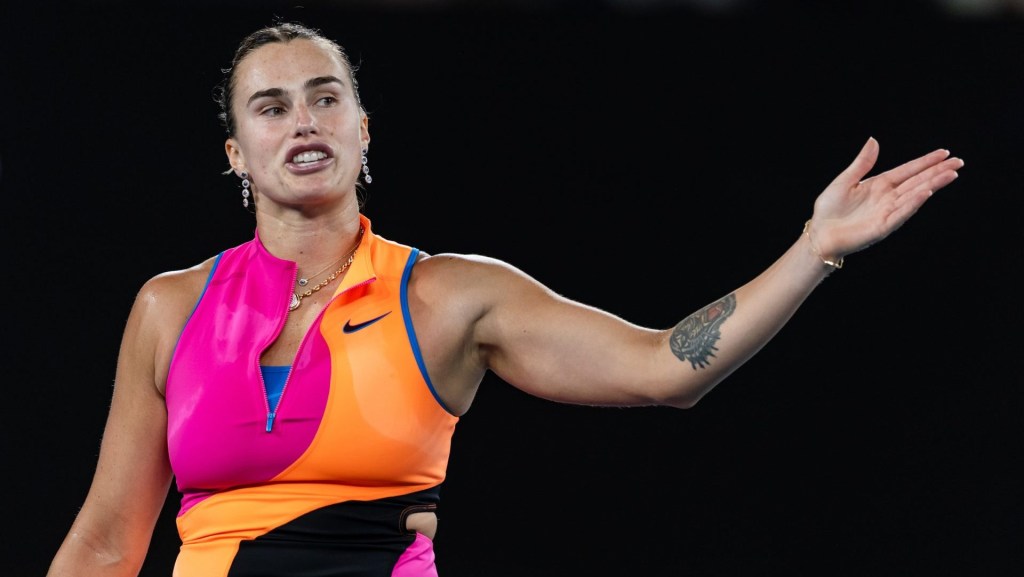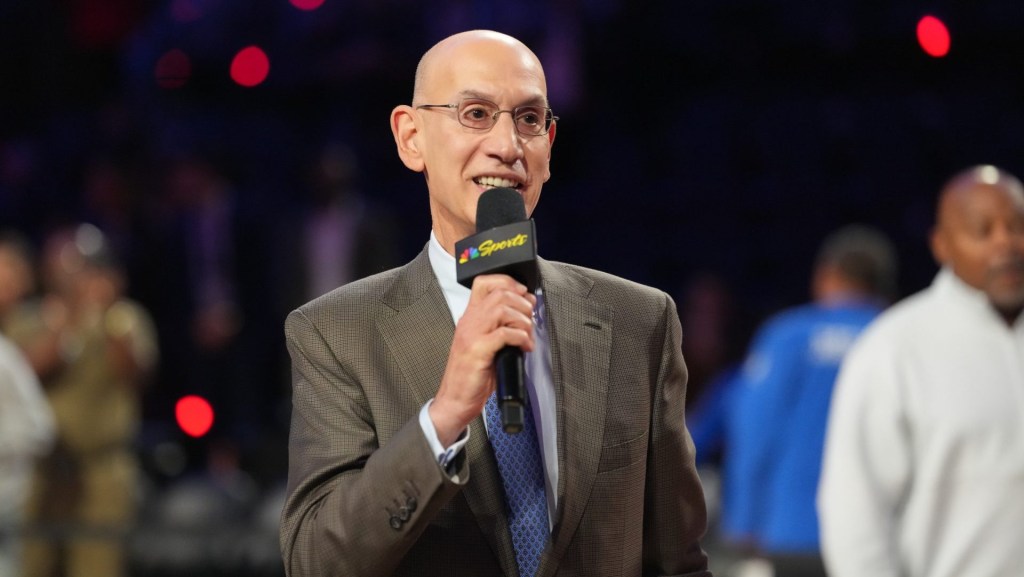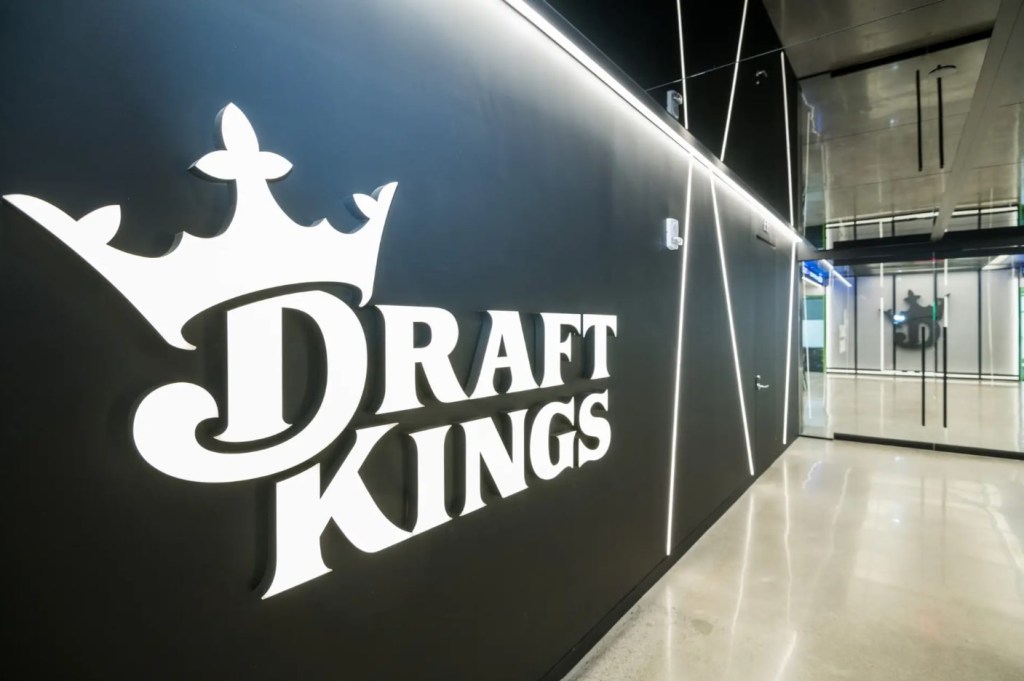FanDuel has discussed a deal with the upstart trading exchange Kalshi that would include various betting efficiencies, Front Office Sports has learned.
FanDuel, owned by publicly traded Flutter Entertainment, is the bellwether of the U.S. sportsbook industry, which Kalshi has threatened to disrupt in recent months.
After winning the legal right to offer elections betting last year via suing the Commodity Futures Trading Commission (CFTC), in January Kalshi expanded into “sports events contracts,” including a high-profile partnership with the stock-trading giant Robinhood.
So far, Kalshi has offered relatively straightforward bets like futures and single-game moneylines (meaning outright winners), but industry sources say it’s only a matter of time until parlays, point spreads, over/under’s, and eventually player props are available.
Spokespeople for Kalshi and FanDuel declined to comment.
Because prediction markets like Kalshi and Crypto.com have exploded onto the scene in sports betting, industry sources say nearly all the sportsbooks and federally regulated exchanges (which include a number of other crypto exchanges that don’t currently offer prediction markets) are having discussions with each other to figure out frameworks of potential collaborations.
There are a number of ways in which a partnership with Kalshi would benefit FanDuel— or any other sportsbook. Kalshi operates in all 50 states, whereas sports betting is only legal in 39, meaning that big-population states like Texas and California remain open frontiers in the gold rush. There is also the access to non-sports markets, including political elections and other trades Kalshi offers, like what will be the Rotten Tomatoes score for How to Train Your Dragon or who will be Time’s Person of the Year.
On the other side of a potential deal, FanDuel has more than 12 million registered users, who could greatly increase the liquidity of Kalshi markets. Industry sources speculate that this user base could give FanDuel leverage to take an equity stake in Kalshi or other market-makers.
The sports event contracts offered by Kalshi and Crypto.com have generated controversy because they appear so similar to sports betting.
Kalshi maintains there’s a key distinction: Traditional wagers see users betting against “the house”—casinos or sportsbooks that set the odds and profit when bettors lose—while sports prediction markets offer nationwide marketplaces where users trade against each other.
There are significant differences of opinion. Regulators in at least seven states—Nevada, New Jersey, Illinois, Maryland, Ohio, Montana, and Arizona—have issued cease-and-desist orders seeking to stop Kalshi from offering sports event contracts. In response, Kalshi has sued state regulators in Nevada, New Jersey, and Maryland. The company has racked up some early wins in the Nevada case, including recently beating a motion to dismiss. Thus, Kalshi has continued operating in the face of its legal challenges.
Kalshi also has a leg up with federal regulators, as Donald Trump Jr. is a strategic advisor to the firm. Brian Quintenz, a Kalshi board member, is President Trump’s nominee to become the next head of the CFTC. One potential competitor to Kalshi, an upstart exchange named Railbird, has been seeking CFTC licensure for years and was just approved Friday afternoon.
For all the handwringing over the differences between traditional sports betting and the offerings from Kalshi, one thing is clear: Sports betting giants have taken notice and have been inching closer to getting involved in the sports “prediction” space.
Last month, executives from the top sports betting companies all made comments acknowledging this market; the CEO of Flutter said there is particular opportunity for such offerings in states that haven’t legalized sports betting.

















